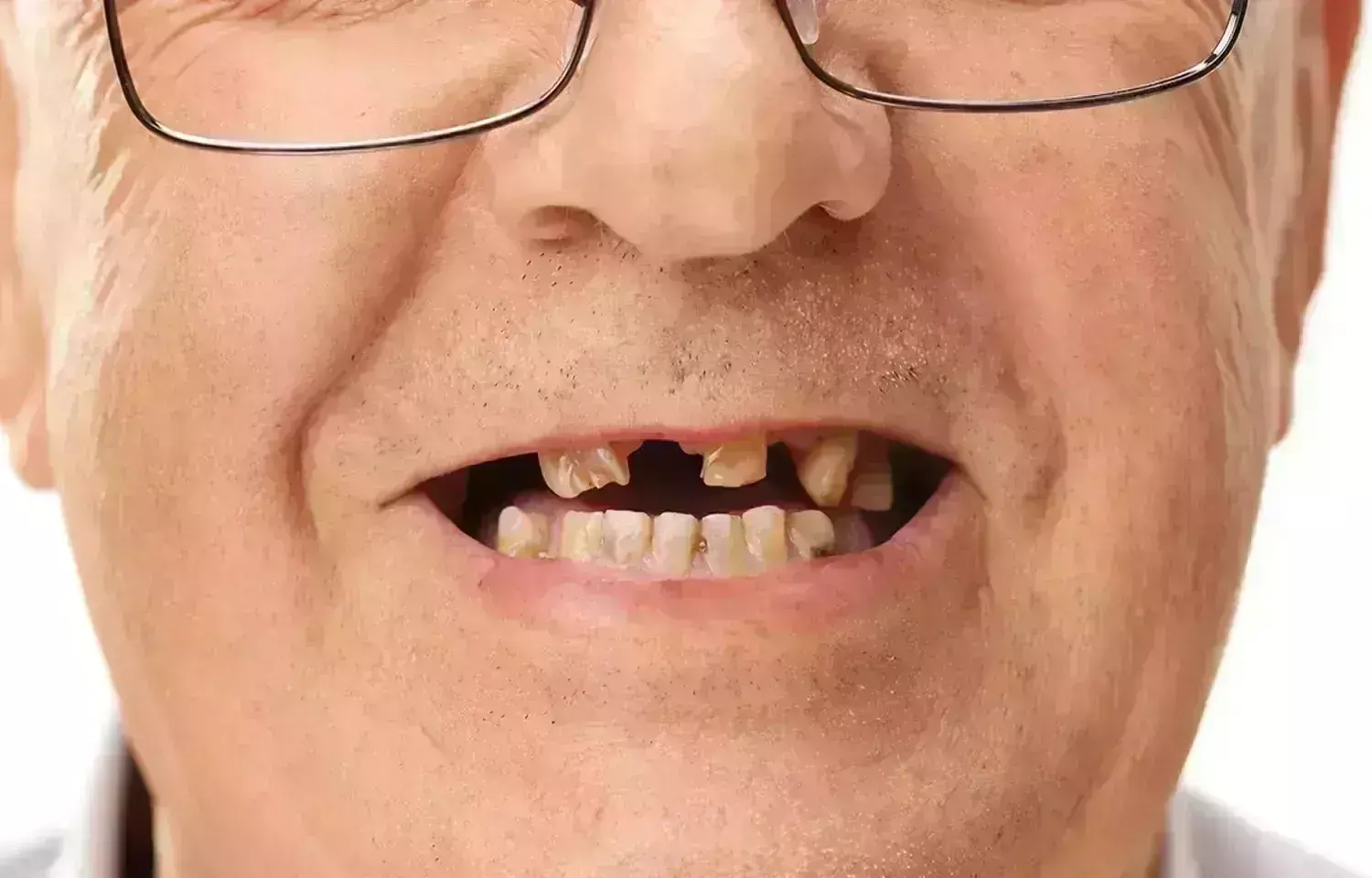- Home
- Medical news & Guidelines
- Anesthesiology
- Cardiology and CTVS
- Critical Care
- Dentistry
- Dermatology
- Diabetes and Endocrinology
- ENT
- Gastroenterology
- Medicine
- Nephrology
- Neurology
- Obstretics-Gynaecology
- Oncology
- Ophthalmology
- Orthopaedics
- Pediatrics-Neonatology
- Psychiatry
- Pulmonology
- Radiology
- Surgery
- Urology
- Laboratory Medicine
- Diet
- Nursing
- Paramedical
- Physiotherapy
- Health news
- Fact Check
- Bone Health Fact Check
- Brain Health Fact Check
- Cancer Related Fact Check
- Child Care Fact Check
- Dental and oral health fact check
- Diabetes and metabolic health fact check
- Diet and Nutrition Fact Check
- Eye and ENT Care Fact Check
- Fitness fact check
- Gut health fact check
- Heart health fact check
- Kidney health fact check
- Medical education fact check
- Men's health fact check
- Respiratory fact check
- Skin and hair care fact check
- Vaccine and Immunization fact check
- Women's health fact check
- AYUSH
- State News
- Andaman and Nicobar Islands
- Andhra Pradesh
- Arunachal Pradesh
- Assam
- Bihar
- Chandigarh
- Chattisgarh
- Dadra and Nagar Haveli
- Daman and Diu
- Delhi
- Goa
- Gujarat
- Haryana
- Himachal Pradesh
- Jammu & Kashmir
- Jharkhand
- Karnataka
- Kerala
- Ladakh
- Lakshadweep
- Madhya Pradesh
- Maharashtra
- Manipur
- Meghalaya
- Mizoram
- Nagaland
- Odisha
- Puducherry
- Punjab
- Rajasthan
- Sikkim
- Tamil Nadu
- Telangana
- Tripura
- Uttar Pradesh
- Uttrakhand
- West Bengal
- Medical Education
- Industry
Tooth loss associated with cognitive decline in older adults

Tooth loss may be an important risk indicator for cognitive decline according to a recent study published in the Journal of Dentistry.
A group of researchers conducted a study to investigate whether tooth loss and related loss of occluding tooth pairs, were associated with cognitive decline in a group of community-dwelling older men and women from Ireland.
A group of 2508 men and women, aged 50–93 years, underwent a dental examination as part of The Irish Longitudinal Study of Ageing (TILDA). Global cognitive function was assessed using the mini-mental state examination (MMSE). The analysis included multiple logistic regression with adjustment for various confounders.
The Results of the study are:
The mean age of participants was 65.5 years (SD 8.1) and 55.3% of the group were female. Three hundred and twenty-nine (13.1%) of the cohort were classified as having a low MMSE with a score ≤ 27. After adjustment for confounding variables, compared to subjects with ≥ 20 teeth, the odds ratio for a low MMSE amongst edentulous was 1.55 (95% CI 1.03–2.34) p = 0.03, and for those with 1–19 teeth was 1.38 (95% CI 1.03–1.84) p = 0.04. Having < 10 natural occluding pairs and < 4 posterior occluding pairs is also associated with a low MMSE.
Thus, the researchers concluded that in this cross-sectional cohort study, tooth loss and related loss of occluding tooth pairs were associated with a low MMSE in a group of older adults from Ireland, independent of various known confounders. Dentists should be aware of the potential systemic health implications of patients presenting with tooth loss. Tooth loss may be an important risk indicator for cognitive decline.
Reference:
Tooth loss and cognitive decline in community-dwelling older Irish adults: A cross-sectional cohort study by Lewis Winning et al. published in the Journal of Dentistry.
https://www.sciencedirect.com/science/article/pii/S0300571222001348
Dr. Shravani Dali has completed her BDS from Pravara institute of medical sciences, loni. Following which she extensively worked in the healthcare sector for 2+ years. She has been actively involved in writing blogs in field of health and wellness. Currently she is pursuing her Masters of public health-health administration from Tata institute of social sciences. She can be contacted at editorial@medicaldialogues.in.
Dr Kamal Kant Kohli-MBBS, DTCD- a chest specialist with more than 30 years of practice and a flair for writing clinical articles, Dr Kamal Kant Kohli joined Medical Dialogues as a Chief Editor of Medical News. Besides writing articles, as an editor, he proofreads and verifies all the medical content published on Medical Dialogues including those coming from journals, studies,medical conferences,guidelines etc. Email: drkohli@medicaldialogues.in. Contact no. 011-43720751


